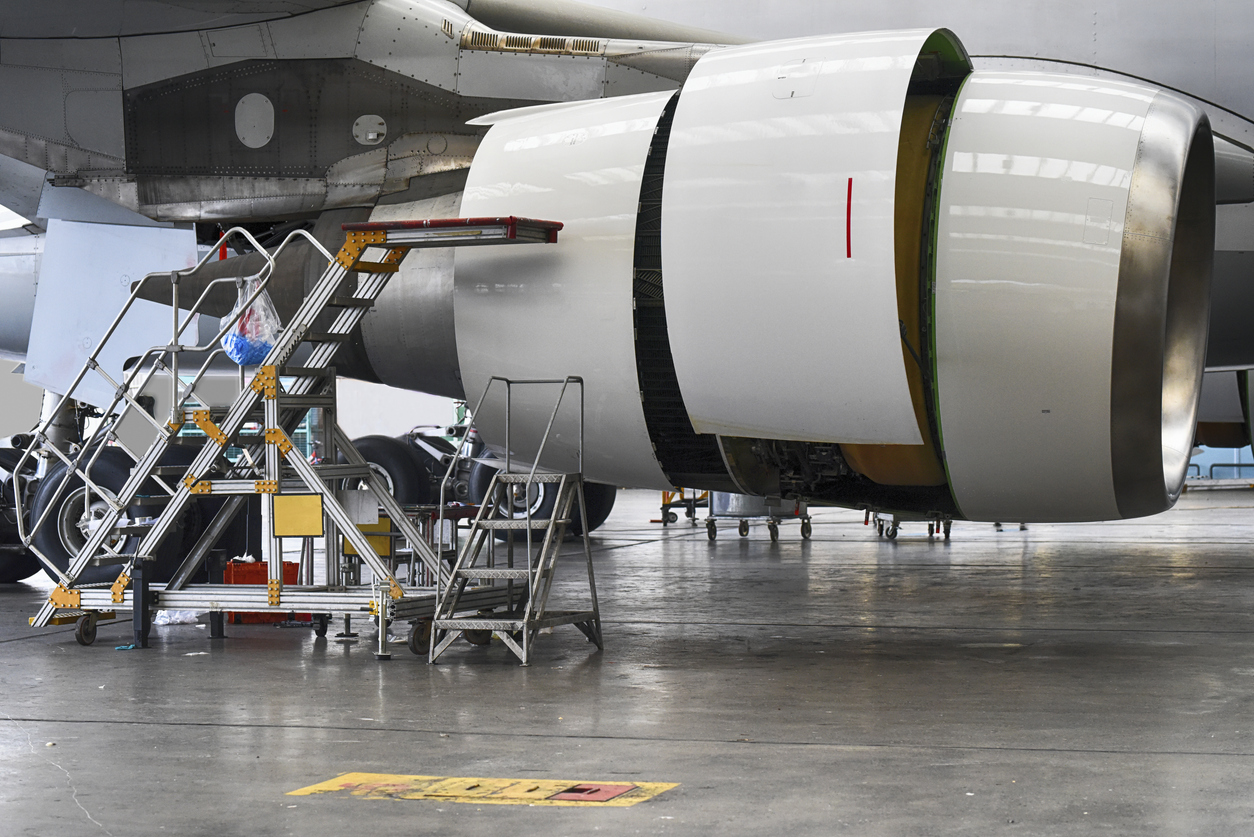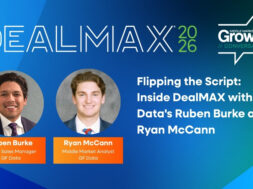Dealmaker Q&A: HC Private Investments on Prince Industries’ Acquisition of Vulcan Machine
HC Private Investments' John Kelly discusses portco Prince’s acquisition of an A&D manufacturing facility and the importance of an employee-first attitude

Prince Industries, a portfolio company of HC Private Investments, acquired Vulcan Machine earlier this year in a move calculated to bolster their aerospace and defense offerings. John Kelly, a managing partner at HC Private Investments, told Middle Market Growth that it was Vulcan Machine’s approach to talent management as well as their expertise within the A&D sector that sealed the deal for them and the Prince team.
Middle Market Growth: What were you looking for in an add-on investment target for Prince Industries, and how does Vulcan Machine fulfil those requirements?
John Kelly: What initially drew us to Prince was their very strong engineering department. They’re doing things in terms of product design, cost improvements, working with their customers in a in a way that not all, and maybe not many, machine shops do. And so that for us was important because we knew that they had the right infrastructure to grow into other end markets, they might just not have had the relationships or the history there.
So, the two end markets that we are targeting are aerospace and defense and medical, and in those specific industries, while there are qualifications that Prince has since achieved, you need to be more than just someone that can make metal parts. Vulcan is actually our second aerospace acquisition. We acquired another one at the end of 2022 called Precision Shapes in Titusville, Florida, and now Vulcan in Tampa. Both of these companies had the vast majority—90% plus—aerospace and defense customers that we were looking for.
MMG: What attracted you to the A&D sector, and how does this deal fit into your broader investment strategy?
JK: Unlike a general industrial customer, in the A&D sector you’ve got companies that are investing in long-term approaches, whether that be a new airplane, a new defense project, or even a space project. There’s much longer-term cycle there with long-term agreements on those contracts. And so we feel more drawn to aerospace and defense than industrial manufacturing given that longer-term approach and the ability to do more for the customer.
[HC Private Investments] looks for opportunities to partner with business owners or family-run companies and bring executive resources into the company. What attracted us to Vulcan and also Precision Shapes as acquisitions was their ability to grow Prince into these specific end markets—A&D and medical. Since our initial investment in Prince and these acquisitions, we’ve brought on executives that have experience in aerospace and medical that have joined the management team and the board.
MMG: What are some A&D industry headwinds you’re watching, and how will you continue to drive growth for Prince despite those challenges?
JK: Over the last 15 to 18 months, the supply chain disruptions were a big piece. We are also dealing with talent shortages. At the end of the day, our ability get people into the facility is still a challenge—not nearly what it was when we were in COVID and coming out of COVID, but that is a still a tough part of the business, and that’s the same for our customers. Big aerospace or defense companies, they’re facing the same challenges. Whether it be aircraft manufacturers or engine manufacturers or defense companies, they’re looking for reliable partners that can operate in a challenging cost environment to improve their end products, whether it be a commercial aircraft or a defense weapon or a satellite.
Some of the common headwinds in the industry include aging fleets of airlines and continuous investment and spending. There’s less of an impact from a recession. While no one is recession-proof, the A&D industry is recession-resistant. As the cost of jet fuel is rising and other things are impacting the cost of doing business for airlines and defense customers, Prince is able to provide reliable, cost-effective solutions to combat these problems for A&D companies. Prince’s ability to provide a solution to deal with these headwinds is what drew us to them, and ultimately to Vulcan. We’ve been able to solve those problems for our customers.
MMG: Vulcan’s Jim Williams mentioned that both Vulcan and Prince share an “employee-first approach.” As an investor, why was this important in an acquisition target?
JK: Vulcan was owned by Jim Williams, who wasn’t the founder, but became the owner in 1983 and he very much cares about his employees. He’s now an owner in Prince. Prince is still run today by Mark Miller, a second-generation family member who we partnered with. Our employees all share in the ownership of the business and there is very much an alignment of interest as far as our people are what matters, especially with having a talent challenge in and around all manufacturing, and even more so with a complex area like aerospace and defense manufacturing.
This interview has been edited and condensed for clarity.
Hilary Collins is ACG’s Associate Editor.
Middle Market Growth is produced by the Association for Corporate Growth. To learn more about the organization and how to become a member, visit www.acg.org.


